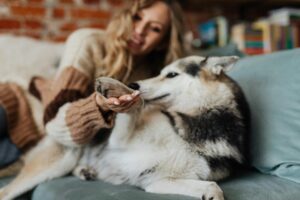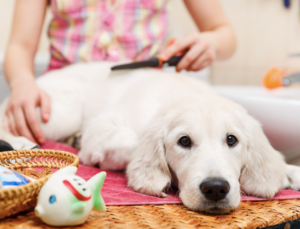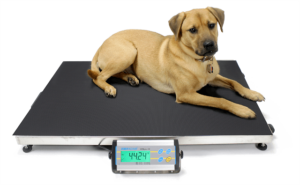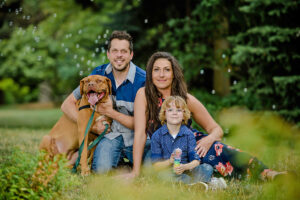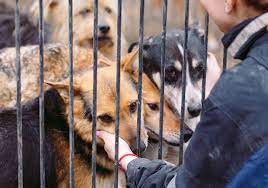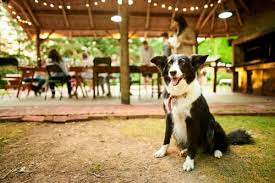Table of Contents
ToggleWhy Your Dog’s Sleeping Habits Can Signal Health Issues
Dogs love to sleep sometimes it feels like they snooze for more hours than awake. But did you know your dog’s sleeping habits can tell you a lot about their health? That’s right. Just like humans, unusual sleeping behaviors could be more than laziness; they might be subtle signs of a bigger problem lurking.
Let’s dive into why paying attention to your dog’s sleeping patterns could be the key to spotting potential health issues early.

Photo by Ellie Burgin
What’s Considered “Normal” for Dog Sleep?
Dogs, on average, sleep anywhere from 12 to 14 hours a day depending on their age, breed, and energy level. Puppies and senior dogs, for example, can snooze for as much as 18 to 20 hours daily because their bodies are either developing or recovering. Popular breeds like Labradors and Golden Retrievers are also known for enjoying long naps.
While this seems like a ton of shut-eye compared to our human schedules, it serves a biological purpose. Dogs’ active hours involve bursts of intense physical activity, so sleep helps them recharge.
But how do you spot the difference between “normal” sleep and concerning patterns?
Unusual Sleeping Habits to Look Out For
Understanding the context of your dog’s sleep is key. Here’s when a red flag might be waving:
1. Sleeping Too Much
If your normally playful dog suddenly starts snoozing all day, it’s worth taking note. Excess sleep can be tied to:
-
- Depression or anxiety: Yes, dogs have emotions too! A stressed or lonely dog might sleep more to escape.
-
- Hypothyroidism: This condition slows your pup’s metabolism, making them more lethargic. Breeds like Golden Retrievers are prone to it.
-
- Pain or injury: Dogs can’t tell us if they’re hurting, so they may sleep more to cope.
2. Restlessness or Insomnia
If you catch your dog pacing at night or having trouble settling, they could be dealing with discomfort or stress. Some common culprits include:
-
- Arthritis: Older dogs, in particular, may have joint pain that prevents them from finding a comfortable position.
-
- Dietary issues: Did you know foods like turkey necks can cause digestive upset if not prepared safely? Here’s a guide to feeding them correctly.
-
- Cognitive dysfunction: Senior dogs sometimes experience “doggy dementia,” leading to confusion and insomnia.
3. Odd Sleeping Postures
Dogs love to sleep in quirky positions (don’t we all love the upside-down belly pose?). But if your dog suddenly starts contorting uncomfortably or prefers to curl up tightly out of the blue, it might be a sign of pain or cold intolerance.

Photo by Chris
Health Conditions Behind These Changes
Changes in sleep behavior can be tied to various underlying issues. These are some you should be aware of:
1. Heart Problems
Dogs with heart disease, common in breeds like Boxers, may show extreme lethargy or difficulty breathing during sleep.
2. Diabetes
A diabetic dog might wake up more frequently to drink water or relieve themselves. Pay attention to nighttime restlessness paired with increased thirst.
3. Sleep Apnea
Certain breeds, such as Bulldogs or Pugs, can develop sleep apnea. If your pup is snoring unusually loudly or stops breathing for a few seconds, it’s worth consulting your vet immediately.
4. Anxiety Disorders
Dogs that have separation anxiety or phobias may develop irregular sleep patterns. Long-term anxiety might even affect their overall immune systems.
If you’re worried, keep track of your dog’s behavior over a few days and consult a vet if these patterns persist.
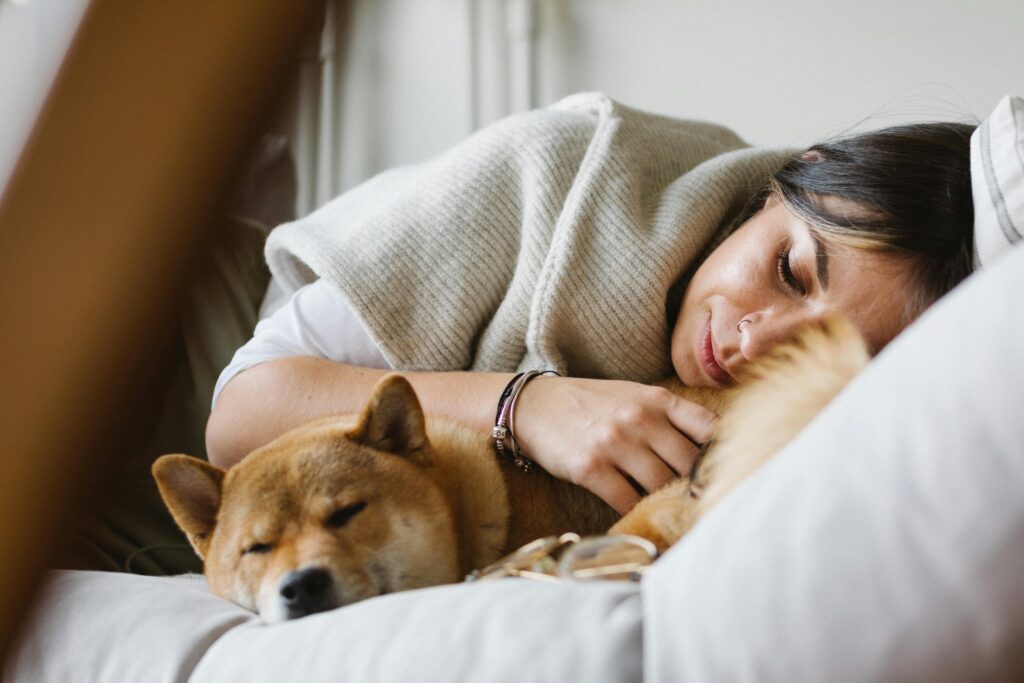
How to Maintain Healthy Sleep Habits in Dogs
Creating a sleep-friendly environment for your dog isn’t just about their comfort—it’s about their health too. Below are practical ways to encourage balanced sleep habits:
1. Establish a Consistent Schedule
Dogs thrive on routine. Try feeding, walking, and playing with them at the same times daily. A predictable schedule gives their bodies cues, much like humans.
2. Provide Comfortable Bedding
Ensure your dog’s bed is tailored to their size and potential health needs. For instance, senior dogs may benefit from orthopedic beds that support aching joints.
3. Limit Noise and Light
Dogs are sensitive to environmental changes. If they’re easily startled awake, try placing their bed in a quiet, dimly lit room.
4. Tire Them Out
Just like kids who sleep better after burning energy, a well-exercised dog naps soundly. Play fetch or engage them in walks tailored to their energy level.
If you’re wondering about breeds that may handle family-friendly energy well, check out safe dog breeds for families for detailed insights.

Photo by Jessica Nunes
When to Call the Vet
Not all changes are alarming, but knowing what to watch for gives you an advantage. Call your vet if:
-
- Your dog’s sleep increases or decreases noticeably for more than a few days.
-
- They exhibit signs of illness like vomiting, appetite loss, or lethargy.
-
- They seem confused, disoriented or show difficulty breathing.
Your vet can help pinpoint the issue and suggest interventions tailored to your furry friend’s specific needs.
Final Thoughts
Our dogs rely on us to notice when something’s off. Spotting subtle sleep changes early on can make a big difference in treating underlying health issues before they worsen. Whether it’s a tweak in their routine or a visit to the vet, paying attention to their naps is an easy way to ensure your dog enjoys both sweet dreams and a happy, healthy life.
Want to read more about other aspects of dog care? Check out our “About Us” section for more insights into how we aim to bring pet lovers the best tips on canine well-being!

